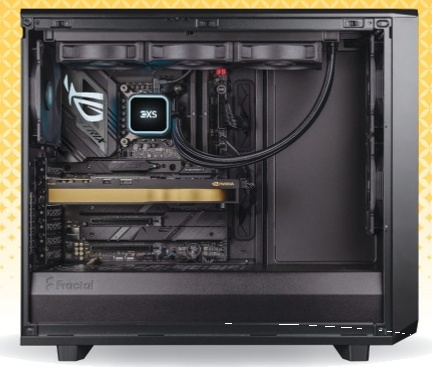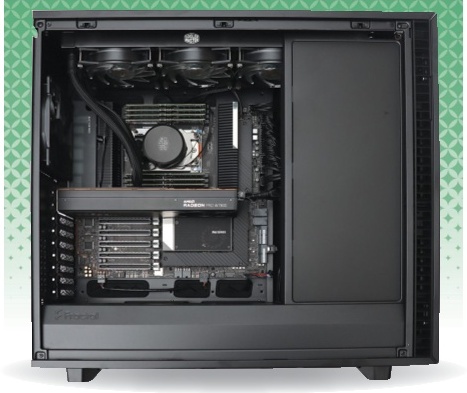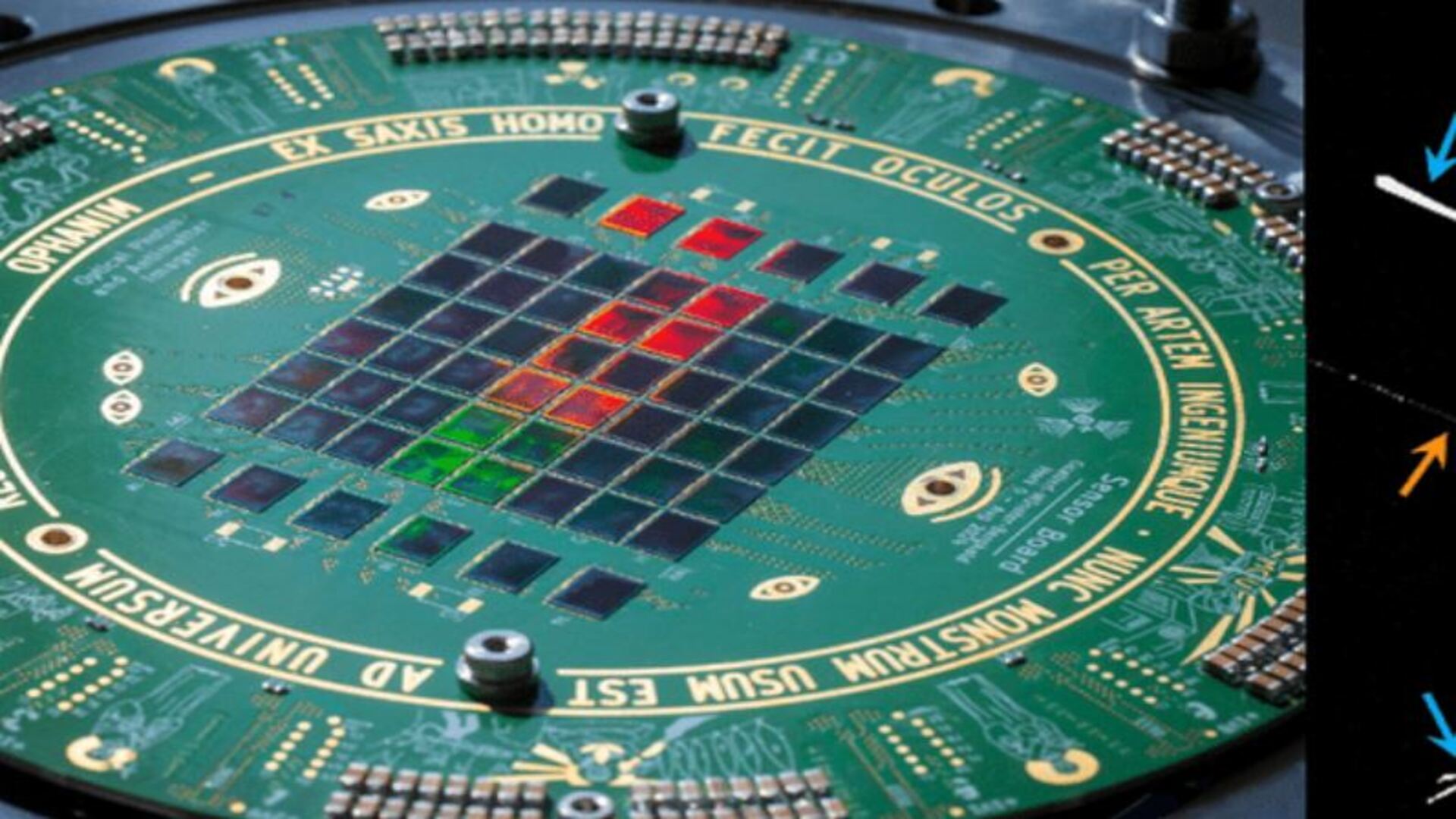Make sure your tech is up to scratch for hybrid working
Investing in technology for hybrid working

The last year has seen seismic changes take place in all walks of life, from our (even bigger) reliance on internet shopping, to our relationships with screen time at home, and working from home, to how we communicate with colleagues near and far.
Eleanor McBryde is General Manager IT Solutions at LG Electronics.
Depending on which articles you read, we’ve experienced anywhere between 10 and 25 years of change in the space of 12 months – and those changes have impacted many different aspects of our work and home lives (as well as the new, blurry grey areas in between…)
If you’re feeling like your head is spinning, you’re not alone. Rapid change can be profoundly unsettling for all of us whether it’s at work or at home, especially when it’s coming as thick and fast as it did in 2020. Even more so when it’s combined with a seemingly never-ending stream of yet more bad news.
There must be learnings which we take from this pandemic at a global scale. In the UK, as the days are now getting brighter and longer and the vaccine rollout continues apace, it also seems fitting to think about some of the things we’d like to keep from this strange period, once Covid-19 (hopefully) becomes a memory.
Almost overnight, Covid forced millions of Brits into working from home – and although it probably didn’t always seem like it, we shouldn’t forget that they were the lucky ones. It’s now been over a year since the government announced its work from home order. In “lockdown three” in January 2021, the ONS reported that 34% of UK working adults worked exclusively from home in the seven days leading up to the survey.
As the UK gradually opens up again over a year on from the start of widespread working from home, now is the time to think about our relationships with work and what working environments should look like post-Covid.
Relationships with work
For office-based workers, at present change seems to be the only constant. It’s widely acknowledged that a large-scale return to the office is still some time away, and for some companies this may never happen. Big tech companies like Spotify and Amazon have led the charge on announcing voluntary office returns, new hybrid working patterns or even new, formalized “work from anywhere” policies which mean staff don’t need to go back to the office at all – ever.
Are you a pro? Subscribe to our newsletter
Sign up to the TechRadar Pro newsletter to get all the top news, opinion, features and guidance your business needs to succeed!
Some of that is likely driven by employees’ feelings on returning to offices. Research from Slack in September 2020 found that only 12% of office-based knowledge workers want to go back to working in an office full-time. The vast majority (72%) want a new hybrid workstyle, comprising a blend of office-based and remote work. Alongside such figures, employers will also have to weigh other questions. How long will it be until we all feel comfortable jostling for space on a packed train, and sharing a lift with 25 other people as we ascend to the 20th floor of a high-rise office block? These types of questions could change our relationships with the office for the foreseeable future.
So what comes next, and what do we need as workers to enable this future vision of a utopian relationship with work? For starters, flexibility and mobility will be key. If the pandemic has taught us anything, it’s that we don’t want to work from anywhere all of the time, five days per week. Switching between cafes, a co-working space, a client’s office and the new garden shed provide a welcome change of scene, but only with the right tech. For laptops, this means light but durable models with great connectivity and battery life will be in high demand, so employees can be super productive without being chained to the nearest power socket.
Satellite offices
There is still a place for offices of course, but those will likely change. There is talk of major blue chip companies setting up satellite offices on the outskirts of big cities, enabling local employees to cut down on travel time but still drop in to collaborate face to face with others who live locally.
The carousel of changing personnel in these satellite offices presents its own challenges, as anyone who has ever experienced a hot desking culture will know. Thankfully the days of scrambling around for the right cable that fits both your laptop and the monitor at your assigned desk are over. Modern monitors are ergonomic and highly adjustable to comfortably suit whichever employee is using them that day, and many now come with USB-C connections for universal, simple connectivity (no more carrying around a separate bag full of different cables…)
Flexibility, agility and quality
The return to work will look decidedly different for many office workers from the desks we left behind one year ago. In the face of so much change and with employees out of the office, many companies have decided to use this period to refresh IT investments, taking a long-term view to update their hardware. This benefits employees who might feel nervous about the return to work, but can at least return to a more comfortable desk setup with a new, ultrawide ergonomic monitor which makes them more productive and can be easily adjusted for the comfort and safety of whoever is using it that day.
Amidst all this change, one thing is certain: that the offices we return to will be different from the ones we left, and our relationships with those spaces will have changed too. Progressive businesses are already asking questions about how they can best support their employees with technology for the return to work, whatever that looks like.
There is no one-size-fits all approach, and more change should be anticipated in the coming months and years as workforces flex to fit new working patterns. For that reason, flexibility, agility and quality should be the bywords for technology purchases in the weeks and months ahead for businesses which are keen to help employees return to the new world of work smoothly, and position themselves for growth.
- We've featured the best business VPN.
Eleanor McBryde is Senior Sales Manager for LG, having worked for the company since 2015 and is responsible for the IT product portfolio, creating development strategies and maximising channel partners.












